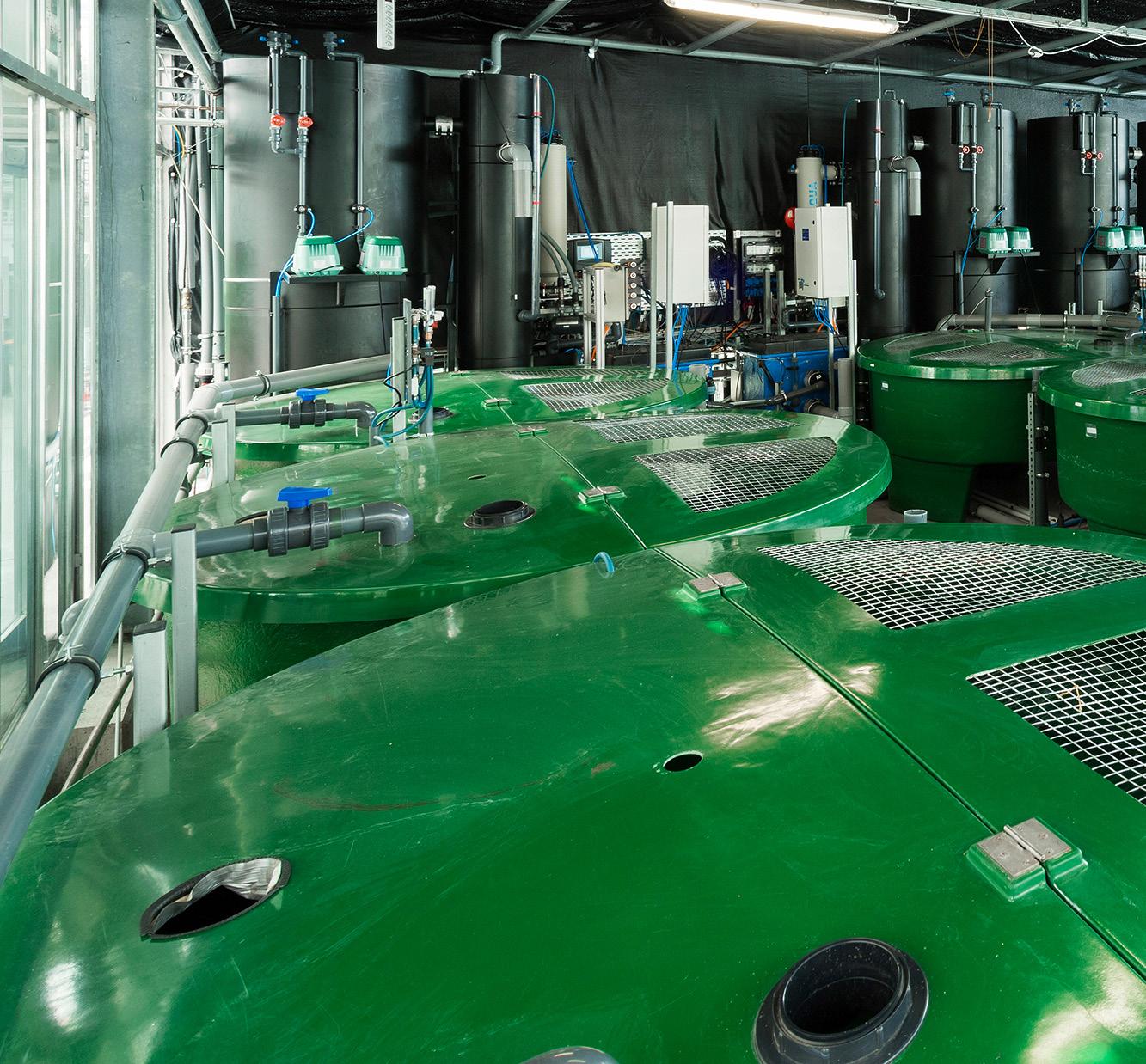
2 minute read
SMART AQUACULTURE IN THE ALPS
Recirculating aquaculture systems (RAS) are reshaping the fish farming industry. Ruedi Ryf, CEO, tells us about Swiss Blue Salmon’s plans for the world’s smartest land-based RAS fish farm
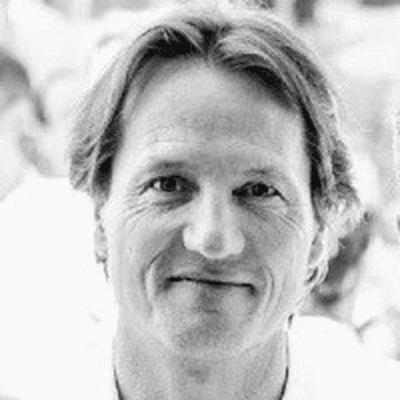
Writer: Jack Salter | Project Manager: Liam Pye
Pollution and unsustainable fishing practices mean that there will soon be more plastic in the sea than fish.
Rapid acidification is also killing corals and sea life in general, leading to a chain reaction of damage that is threatening food and economic security, trends that are likely to be further exacerbated by climate change.
Aquaculture, the practice of fish and seafood farming, has helped to alleviate such pressures and is currently one of the fastest-growing food production systems in the world.
At the forefront of sustainable aquaculture is Swiss Blue Salmon (SBS), who believes the practice will play a critical role in protecting wild fish populations as the global population, which is projected to hit 9.7 billion by 2050, and demand for seafood continues to rise.
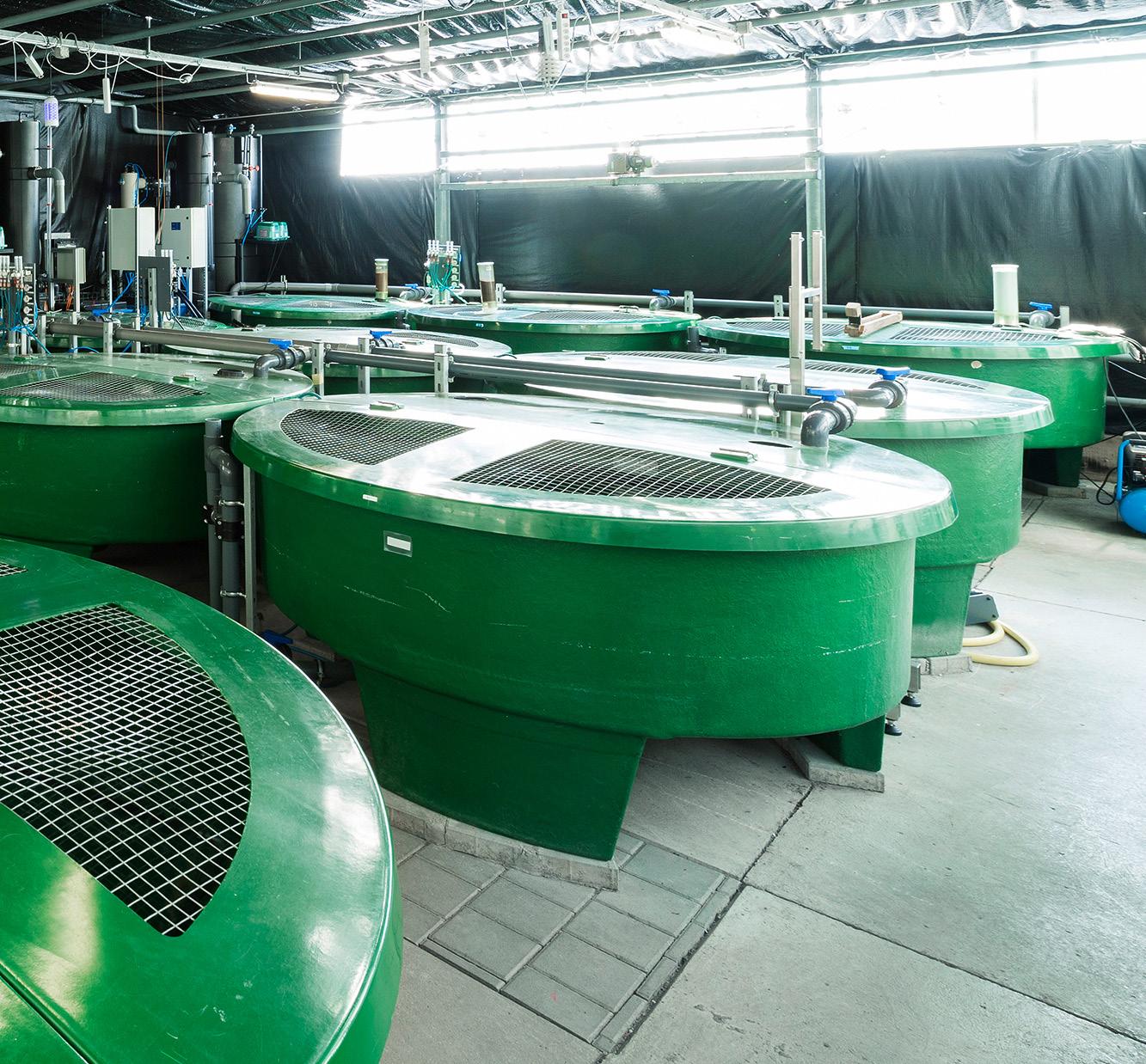
“Switzerland has high growth in the aquaculture sector, with production doubling over the last 10 years,” states Ruedi Ryf, a passionate fly fisherman and the CEO of SBS.
Founded as recently as 2020, SBS wants to become a leading seafood company known for its high levels of animal welfare and minimal environmental footprint, and advocates land-based recirculating aquaculture systems (RAS) as the best way to raise healthy, sustainable, and premium quality fish.
“Today, salmon is mostly farmed in sea cages in the ocean, resulting in several environmental problems. In Switzerland, the farming of fish in sea cages is illegal because we have very strict water discharge guidelines,” Ryf explains.
“I’m not against this traditional way of farming fish, but further growth of the salmon market needs to happen in land-based RAS.”
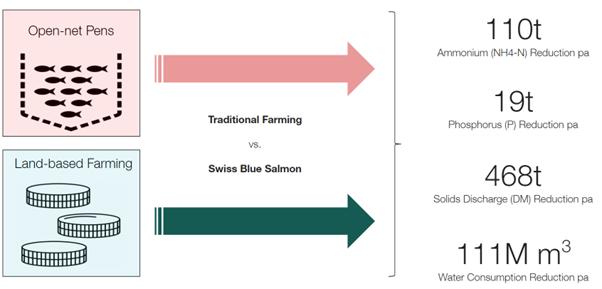
Reshaping The Industry
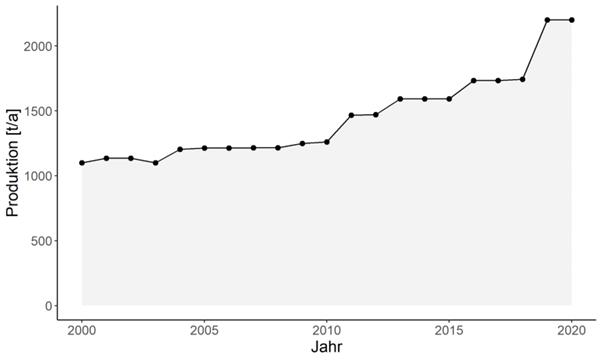
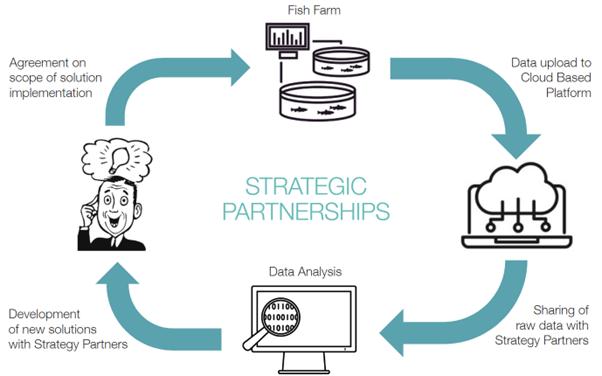
Securing an adequate food supply is one of the greatest global challenges currently facing humanity, and landbased aquaculture holds significant promise for the planet and its people.
The world’s most advanced, sustainable aquaculture method, RAS is said to be disrupting and reshaping the world’s fish farming industry.
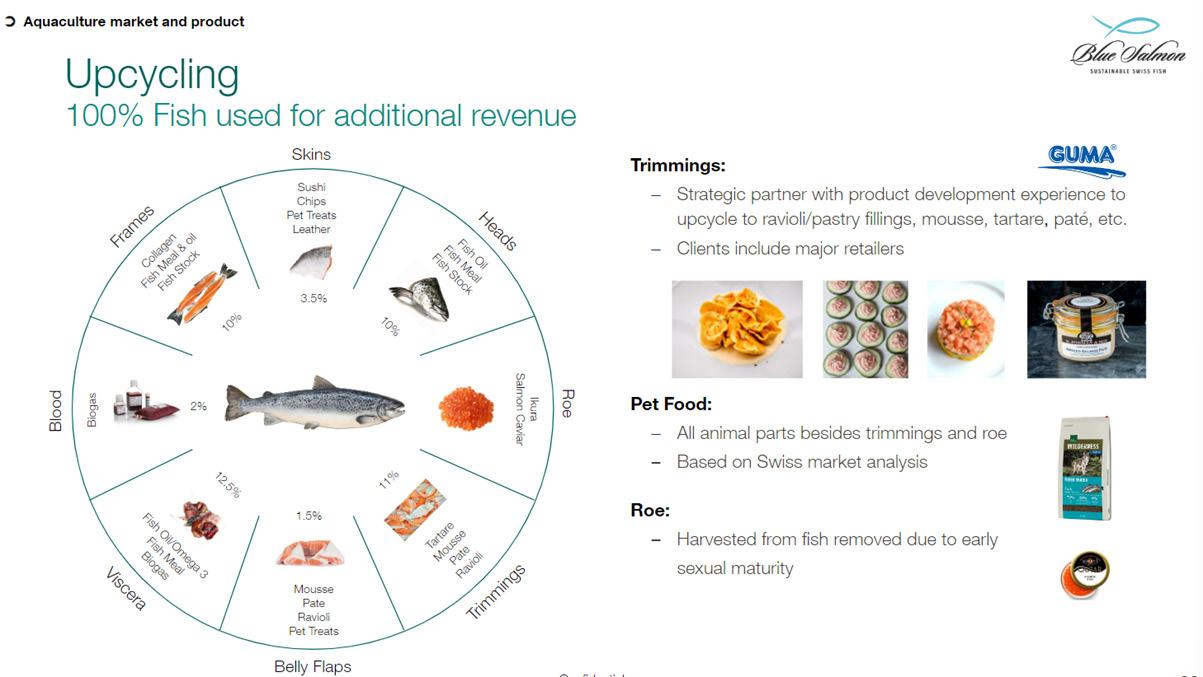
The system recycles water through cutting-edge filtration technology and oxygenation systems, reducing water consumption to a minimum, and uses filtered-out residues as valued by-products within a circular waste management approach.
“RAS technology enables us to clean the water before it’s discharged into the watershed, and produce healthy fish with a truly small eco-footprint to help protect the oceans,” elaborates Ryf.
“Due to the high treatment of water, we extract more than 95 percent of common wastewater constituents and make them available for other uses such as biogas production and agricultural phosphorus fertiliser.”
RAS has already been implemented in Switzerland by Basis 57 Nachhaltige Wassernutzung AG, who produces pikeperch in water drained from the 57 kilometre (km) Gotthard Base Tunnel that runs through the Swiss Alps, and Swiss Lachs, who established the very first RAS salmon project in the country.
As premium quality and healthy fish depend on perfect water conditions, raising fish in a land-based RAS farm provides the optimal operational water quality “window” where their physiological needs are met, and where the product produced is of the optimum quality.
After conducting feasibility studies for several sites across Switzerland, SBS has been able to secure a 27,000 square metre (sqm) site in the alpine canton of Glarus to build a land-based RAS salmon farm. Vertically integrated from hatchery to grow-out, the fish will be reared in the purest Swiss alpine water, free from antibiotics, pesticides, hormones and microplastics.
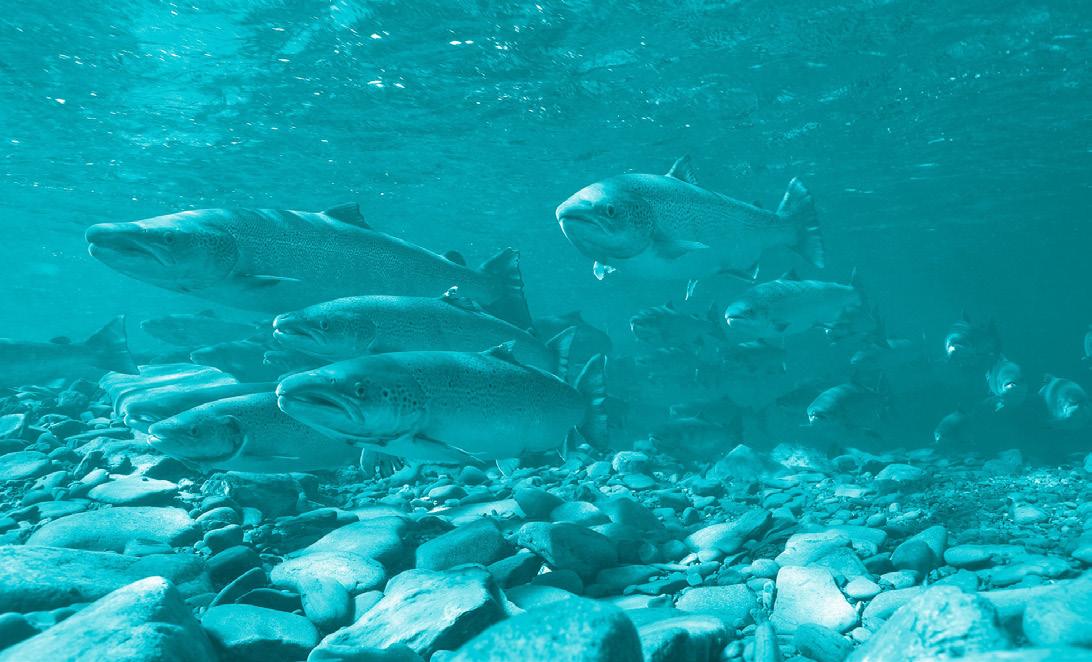
SBS is now in the design and permitting phase of the state of the art project, which has the capacity to grow 3,400 tonnes per annum (t/a) of Atlantic salmon (salmo salar) with room to expand to an impressive 12,000 t/a.
“We have evaluated many construction sites and chosen the one where we can produce with the lowest environmental impact,” Ryf outlines.
The RAS farm site is conveniently located close to road and rail links nearby Switzerland’s largest city, Zurich, and neighbours Lake Walen, which has enormous potential for a sustainable and efficient energy setup.
“SBS gets free cooling from the mountain lake, access to clean water, exposure to solar power, and good logistical


